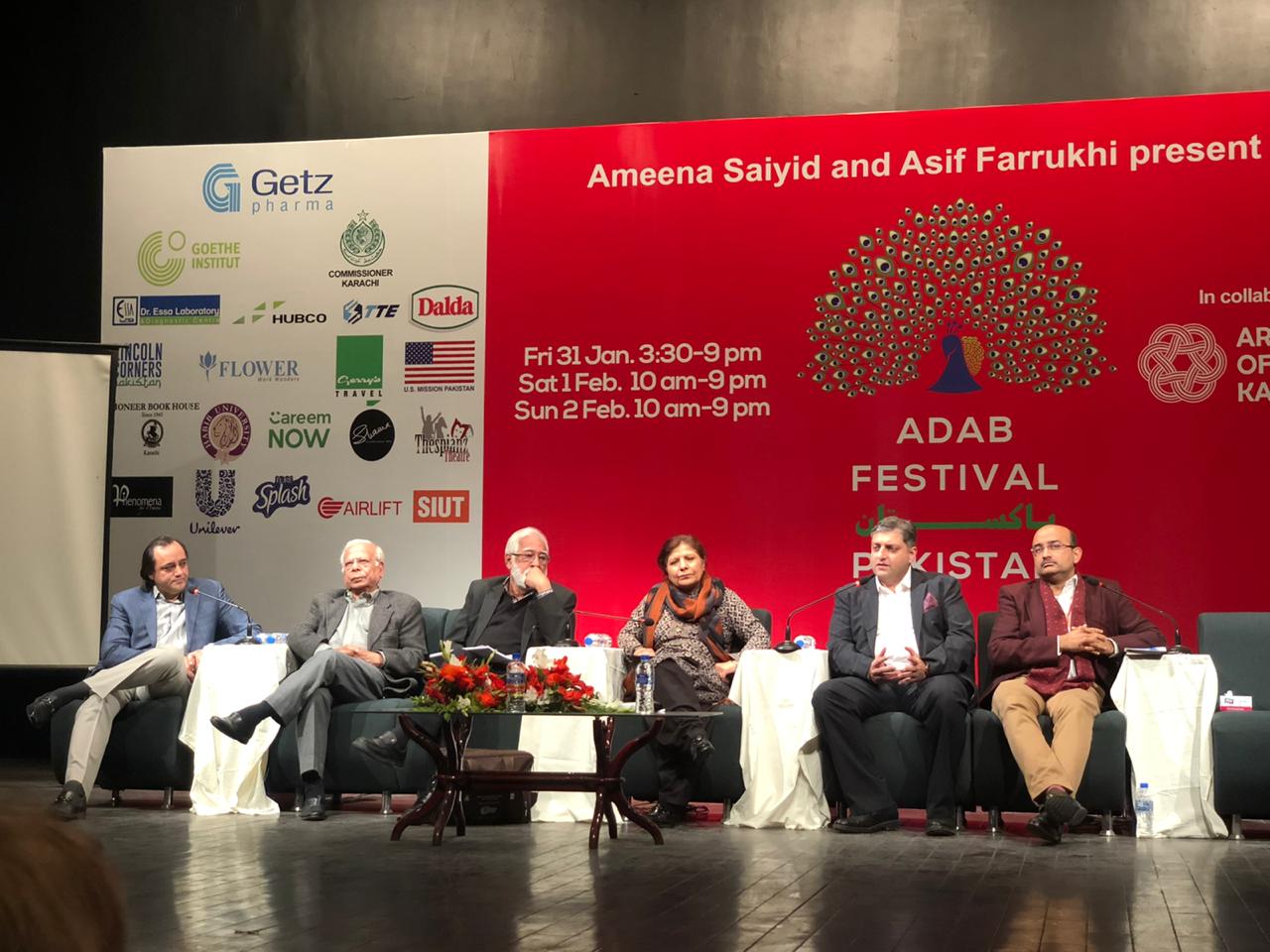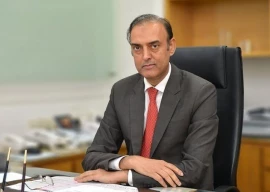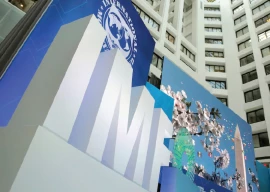
Speaking alongside other panelists at a session titled ‘Is the Top 1% (Elite) The Problem in Pakistan?’ at the Adab Fest 2020, he pointed out that the world has now moved towards a knowledgeable economy and creativity of individuals is driving them towards success.
While referring to business incubators he mentioned, “people are now investing money in new ideas to test them.” Whereas, he also highlighted that some ideas do not lead to success, and the company has to bear heavy losses.
“Nevertheless, there are venture capital firms which provide funding to ideas having the potential to succeed,” he added. Husain stressed that social mobility should be encouraged so that talented people from backward areas of the country have opportunities to grow.
The adviser pinpointed that the selection process of government organisations, as well as the private sector, should be based on what an individual’s contribution is, rather than aristocracy. He believed that such a system would help the less privileged segment of society to rise upward in the social hierarchy.
Defining the term elite in the context of Pakistan, he explained there are two elements in the country which are state and the market.
“However in Pakistan, a small segment (elites) has captured the market due to which its effectiveness has decreased rendering the system ineffective,” he stated. “On the other hand, it is the responsibility of the state to collect taxes and utilise the amount for public welfare, however, the small segment has captured the state as well.” He further added that the elite institutions are established in every country around the world.
Speaking at the occasion, former finance minister Dr Shamshad Akhtar defined elites as people who own a disproportionate share of resources. She observed that the elites of a country acquire the assets, subjugate the financial system and industry and exploit the workforce.
“In Pakistan, we do not have the accurate data to determine what proportion of the population are elites,” she mentioned. She further added that many elites take part in philanthropy activities; however, she believed that it was not the solution and it would not stable the inequality present in the country. “When the elites do not pay taxes, it hurts the economy,” Shamshad vocalised.
Also a panellist at the event, Aman Foundation official Ahmad Jalal considered Careem as one of the wealthiest companies of Pakistan. “Mudassir Sheikh, the founder of Careem, accumulated wealth of $3.2 billion in a matter of six years only,” Jalal said. “What’s more important is that his company is also documented.”
He considered it as unjustified for businesses to evade taxes and indulge in philanthropy. According to him, all businesses should be transparent, follow laws and pay due taxes. He further remarked that it is unreasonable that businesses present insecurity as an excuse to escape taxes.
The official pointed out that elites of other countries make them progress further, however, such was not the case in Pakistan.
Presenting a solution to the problem, he suggested that the elites of Pakistan should invest a major chunk of their wealth in the country so that their interests remain aligned with the interests of the country.
Also present on the occasion, Arif Habib Commodities Managing Director and CEO Ahsan Mehanti informed the guests that the elites of Pakistan pay 35% corporate tax in addition to the 15% tax on dividends. “Hence the capital market pays 50% in taxes. Meanwhile, it makes up twothirds of the country’s GDP as well,” he added.
Mehanti further elaborated that the rest one-third of the GDP comes from agriculture which is taxed less because a massive chunk of the working population is employed in it.
Endorsing Dr Akhtar’s remarks, he agreed that data was not available in Pakistan to determine the disproportion of wealth.

1732102112-0/BeFunky-collage-(77)1732102112-0-165x106.webp)




1732084432-0/Untitled-design-(63)1732084432-0-270x192.webp)










COMMENTS
Comments are moderated and generally will be posted if they are on-topic and not abusive.
For more information, please see our Comments FAQ